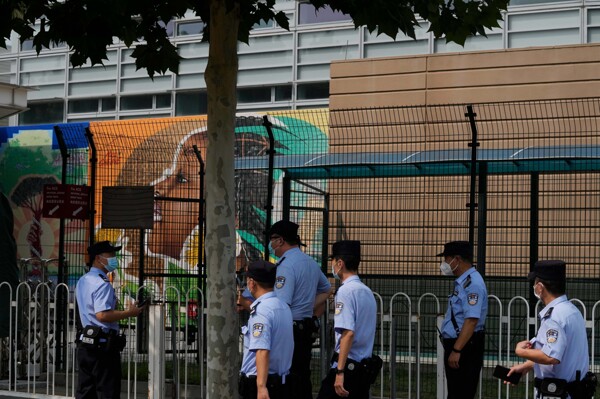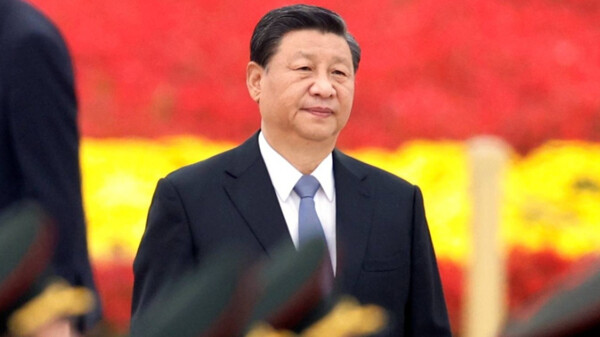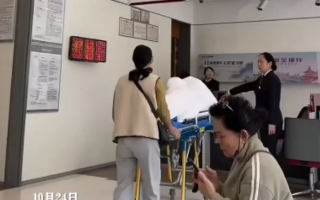The Chinese government has announced a series of new guidelines to reduce childhood myopia, emphasizing the need to increase students' sleep time as a key measure to combat this health issue. The document issued by the Ministry of Education along with the National Health Commission highlights the importance of adequate rest for the visual development of minors.
Among the highlighted measures, it is required that preschool children sleep at least 10 hours daily, while primary school students must ensure a minimum of 10 hours of sleep each night. It is established that kindergartens must include two hours of outdoor activities daily to promote healthy habits.
The plan, published in October, includes the implementation of the 'double reduction' policy, which aims to decrease academic burden, limit the duration of private tutoring outside of school hours, and restrict online classes to 30 minutes with a break of at least 10 minutes between each session. Schools will need to adapt their facilities, such as adjustable desks and appropriate lighting systems, to promote students' visual health.
According to official data, 51.9% of minors in China suffer from myopia, but slight improvements have been observed in recent years. China aims to reduce the childhood myopia rate to 3% for 6-year-olds and keep it below 38% in primary school students by 2030.
The implementation of these measures will be accompanied by awareness campaigns and regular vision screenings to detect problems early. Last September, Chinese authorities introduced reclining desks and chairs in various schools to facilitate students' rest during naps. Additionally, smart spaces such as the 'Smart Playground' in the city of Nanjing, which uses facial recognition technologies and artificial intelligence (AI) to monitor sports performance in real time, have been opened.
Classrooms have been equipped with smart boards and digital resources to support teaching and reduce the educational gap.














